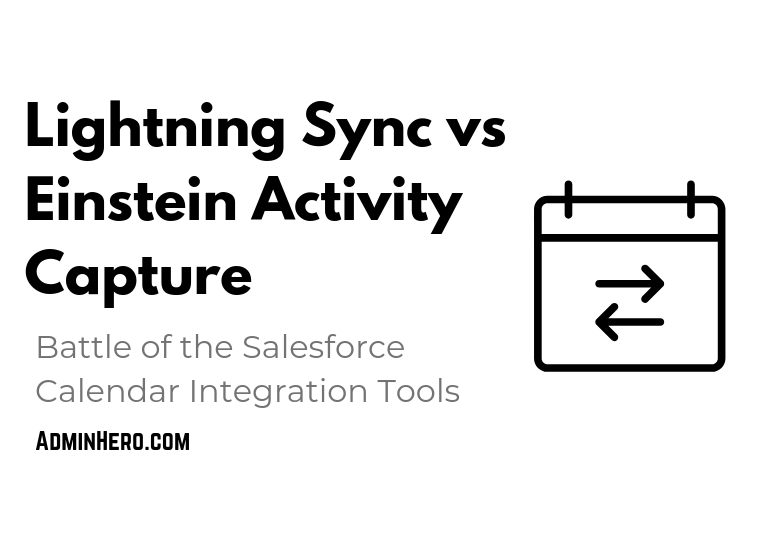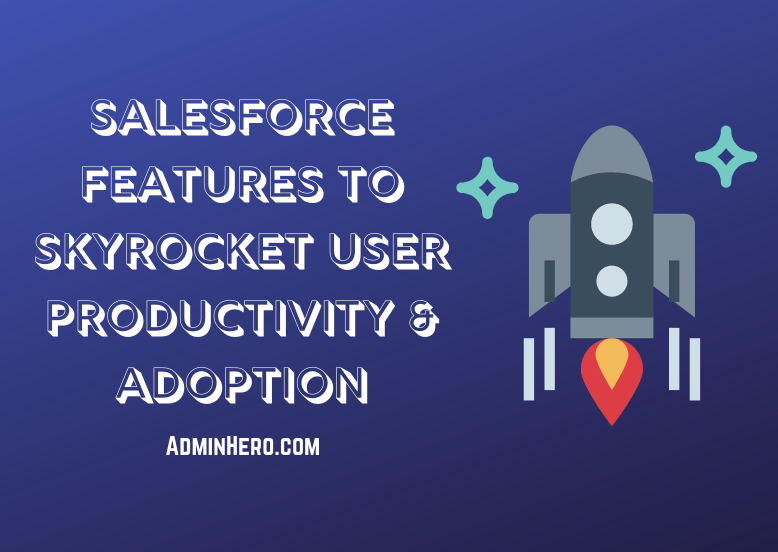Don't Leave Money on the Table - Negotiate Your Salary

$3,726,400. That's a lot of money - and the amount that you could be earning over the course of your working life as a Salesforce Professional in Denver. If you've ever thought that becoming a millionaire was unattainable, you thought wrong. Over the course of your working life, multiple millions of dollars will pass through your hands. Think about that! This is why your income is so important.
I've always had an infatuation with personal finance and have enjoyed reading books, magazines, and listening to podcasts related to the topic. I'm not wealthy by any means so I'm not really one to be giving advice. That's why this isn't going to be a post about how to become a millionaire. Instead, I want to encourage you to think about the importance of your salary, and to encourage you to work towards getting an increase if you're underpaid.
RELATED: GoodCall's 2016 Report on the Real Cost of Student Loans
Why Your Income is Important
Your income is the best wealth generation tool you have at your disposal. Unfortunately, we tend to muddy the waters and prevent ourselves from becoming financially stable by flirting with excessive debt and purchasing on credit cards instead of cash. Student Loans have now surpassed credit cards and automobile loans in terms of the amount borrowed (source), and the default rate is steadily climbing. While not in default, I'm one of those that still has student loans sitting around, sapping money from my take home pay each month.
Not only does a steadily increasing income increase the changes you'll pay off those debts and build wealth, but your income goes a long way to building wealth without you even knowing it.
Remember that employer 401(k) or 403(b) match you probably have in your company? That's free money that's contributed on your behalf - and it's directly tied to your salary. The higher your salary, the larger the contribution. Some companies offer additional benefits which are tied directly to your salary.
Knowing how to negotiate your salary becomes an important part of your career earning potential.
Negotiating a Salary Increase
Again, I'm not an expert in salary negotiations, but I have had good luck over the course of my relatively young career. Since starting my Salesforce career in 2010, my base salary has increased nearly 70%. This isn't due entirely to salary negotiations, but I have been able to negotiate a number of increases.
Determine Your Worth
Before asking for an increase, you need to look at your performance and determine if you deserve an increase. Put yourself in management's position and ask, if you would give yourself an increase. Begin to document the value you're adding to the organization.
Valuable employees will be rewarded for their contribution to the organization. Going into a meeting with your manager with details on how you've contributed, and how it's impacted the organization positively, will demonstrate the need for an increase.
Know Your Numbers
Perhaps more compelling than documenting your value, is demonstrating that you're underpaid or deserve an increase with the use of raw statistics. Salesforce salary information can be difficult to come by. That's why the Denver User Group has performed an annual salary survey for the past few years.
Providing a salary range helps to justify your request. The Denver User Group has also found that having this information has empowered women to ask for increases, and close the income inequality gap - and we've seen an improvement over last year's salary ranges!
The old adage, knowledge is power applies here. Learn as much as you can, and present the facts.
RELATED: 10 Mistakes to Avoid When Negotiating a Raise
Don't Be Afraid to Ask
If you never ask, you'll never know. Employers can't fire you for asking for a pay increase. If you're afraid that asking will put a target on your back, then you should probably look for a different job with a better working environment!
Every time I've asked for a raise, it's been well received by management, even if a raise wasn't issued.
Your ask shouldn't be filled with emotion, and there should be no situational or circumstantial elements to the ask. Just provide the facts, and be thankful for the opportunity to have such an open and honest conversation.
Of course, keep in mind that the largest salary increases typically are accompanied by a job change. Employees who change jobs can typically expect at 10 - 20% increase in salary - sometimes even more (source)!
What About You?
Have you been successful in asking for a salary increase, or perhaps you're thinking about asking for an increase in the near future? I would love to hear your story! Leave a comment below and let the Admin Hero community know what's worked well for you!




